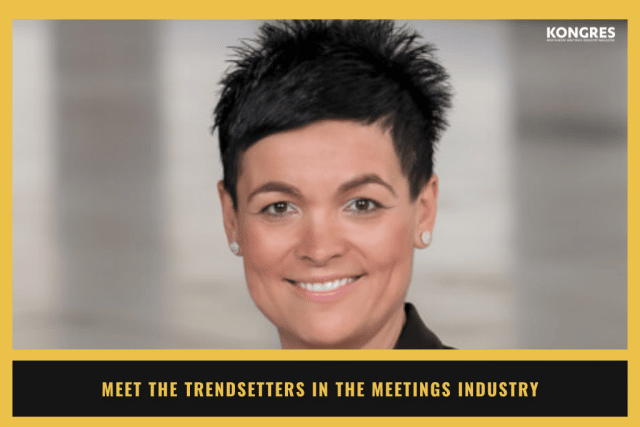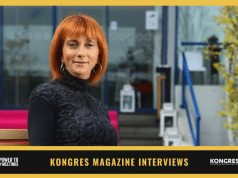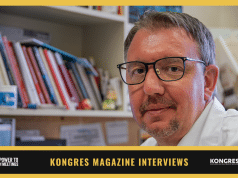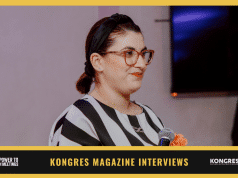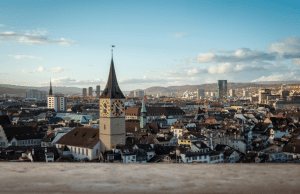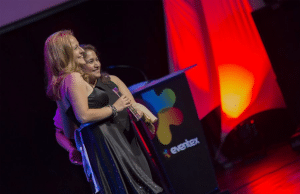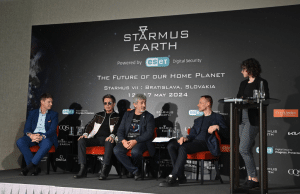The ninth selection of influencers by Kongres Magazine concluded with the award ceremony hosted in Cankarjev dom. The selected influencers are pioneers in their respective fields and help co-create the regional meetings industry. Kongres Magazine’s selection is, in a way, an overview of who is who in the industry.
Q1: In times of crisis, we tend to draw parallels with the past. What have we learned so far to make our industry better and more responsible to attendees and the environment in the future?
The Covid crisis taught us one thing above all – to react quickly, to adapt flexibly to new conditions, and to be open to innovative approaches. At Prague Congress Centre, we began a major upgrade of our technical facilities, audio-visual equipment, wi-fi infrastructure and digital navigation system back in 2017. During covid lockdowns, we finished this project with the deployment of a new virtual studio. In addition to the new concept of digitised events, we also bet on energy-saving technologies and sustainability. Green technologies minimise our impact on the environment, but they also reduce our costs and increase our competitiveness in the eyes of our clients. I believe that sustainable development and flexibility have not only helped us in times of crisis. More importantly, they are a precondition for a successful future. One additional business learning is the importance of diversification – we may not focus on just one profit-generating component but spread our investments and risks over several areas to avoid shocks similar to those we have seen in recent years.
Q2: What should we stop doing in regard to in-person events? Vice versa, what element should we not abandon at all costs?
In our day-to-day business of event management, we must eliminate single-use products and materials: excessive printing, decorations, and plastic dishes in catering, but also the excessive use of transport services for furniture, materials, etc. A consistent focus on real sustainability in everything we do – that’s a fundamental point. Also, the state of the pandemic taught us the concrete safety and hygienic conditions and measures that must be ensured to make an event with a large number of participants safe.
On the other hand, the element we should not forget is the very purpose of the event industry, i.e., the phenomenon of personal meetings. Personal relationships are very important and are irreplaceable, especially in building professional and scientific communities. During a personal meeting, participants share their experiences, establish contacts and, after all, long-term friendships.

Q3: What is your take on the various event types, some invented during the corona crisis (live, digital, hybrid, metaverse)? How will we transition in the future?
Live events are unique in their emotional depth, the effectiveness of information transmission, social ties, or, if you prefer, the opportunity to establish contacts and share experiences. However, they can also represent health and safety risks. Stricter safety measures are something that will certainly influence the future shape of live meetings and events.
Technological innovations are a great way of complementing live events, but they are not a threat to them. Digital events have become popular during the coronavirus crisis because they offered the only way to connect with larger audiences and ignore geographical distances. The crisis has helped the development of tools and technologies applicable to digital events; the listener no longer has to be a passive participant behind a black screen. Trying to activate the participation of digital events brings us to new environments like the metaverse and other virtual reality events. Guests use their avatars to meet others, mingle among booths and gather information. While I expect the metaverse to find its place in the MICE industry, I don’t expect it to take over or even be used massively. I see it more as a desired fresh piece of entertainment at congresses and conferences, but due to the high demand for technical equipment, virtual reality will certainly not replace personal meetings. Scientists organising congresses also reassure me that live events and face-to-face meetings have undeniable benefits. Attracting a world-class physician to a personal meeting in Prague, for example, is the first step to his presence during a complex operation in a local hospital.
But I also see great potential in the combination of digital and F2F events. Hybrid events that combine elements of both forms of meeting offer flexibility, experience, accessibility, savings, and strong emotion.
Q4: How do different event types address the topical problem of human interaction, which is at the core of our industry and a basis for learning?
All types of events allow some sort of interaction between participants. They only differ in the type of space or environment and the kind of takeaway the participants leave the event with. With live meetings, the experience is the most intense and still most natural, with the benefits mentioned above. F2F contact is the alpha and omega of further development and progress in the scientific or medical fields. Even the latest digital solution cannot replace it. Metaverse takes the experience to a higher level, but it is not for everyone. It’s hard to move a generation of baby boomers from meeting over coffee and dessert to the virtual world. Yet.
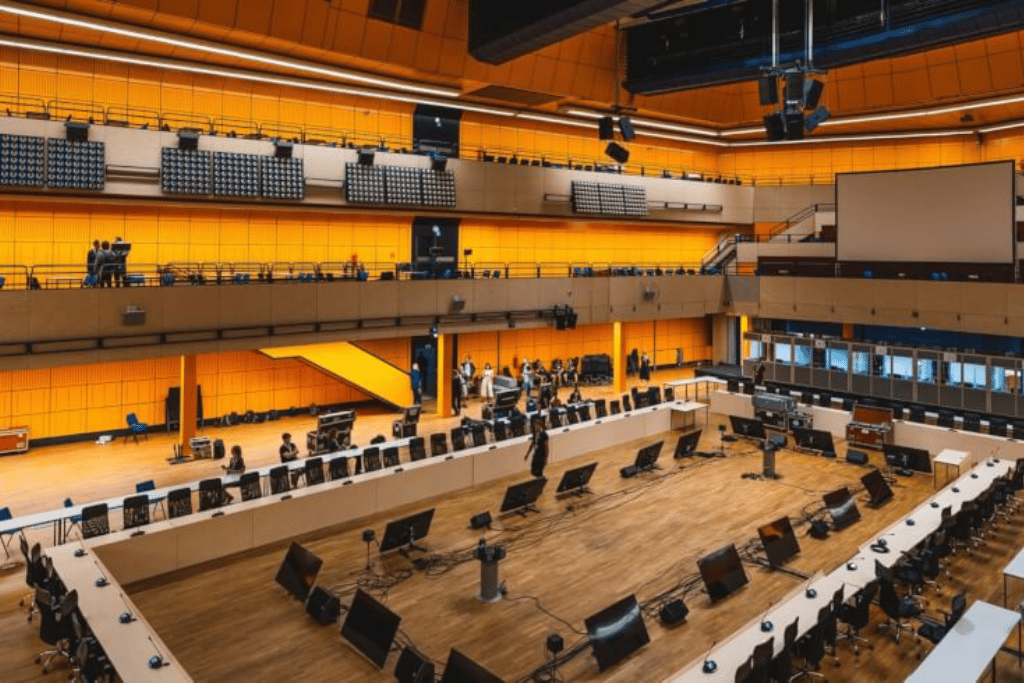
Q5: What are your priorities to reach the goal of creating a carbon-neutral meetings industry? How environmentally aware is your organisation? How do your clients see sustainability? Can you illustrate with case studies?
I think it’s very important to be comprehensive. You can have sustainable events, but at the same time, you need to have sustainable business operations. At the Prague Congress Centre, we take sustainability very seriously. Six years ago, we launched an investment program in energy management, which includes a system of energy-saving measures in heating, cooling, air conditioning, cogeneration, lighting, and digitisation. A photovoltaic power plant the size of a football field has recently grown on our roof, which will save approximately 231,000 EUR per year and cover 10% of our consumption. Accessibility is key too. Our location directly on the metro is helpful, but we have supported sustainable transport by installing one of the largest electric vehicle charging hubs in Prague. Our catering partner Zátiší Catering prefers local suppliers, and more importantly, their catering production facilities are placed directly in the PCC building. We reduce not only our carbon footprint and transport costs, but also packaging material and waste. Plus, event guests get absolutely fresh food, and all the leftovers go directly into shared community fridges in our building.
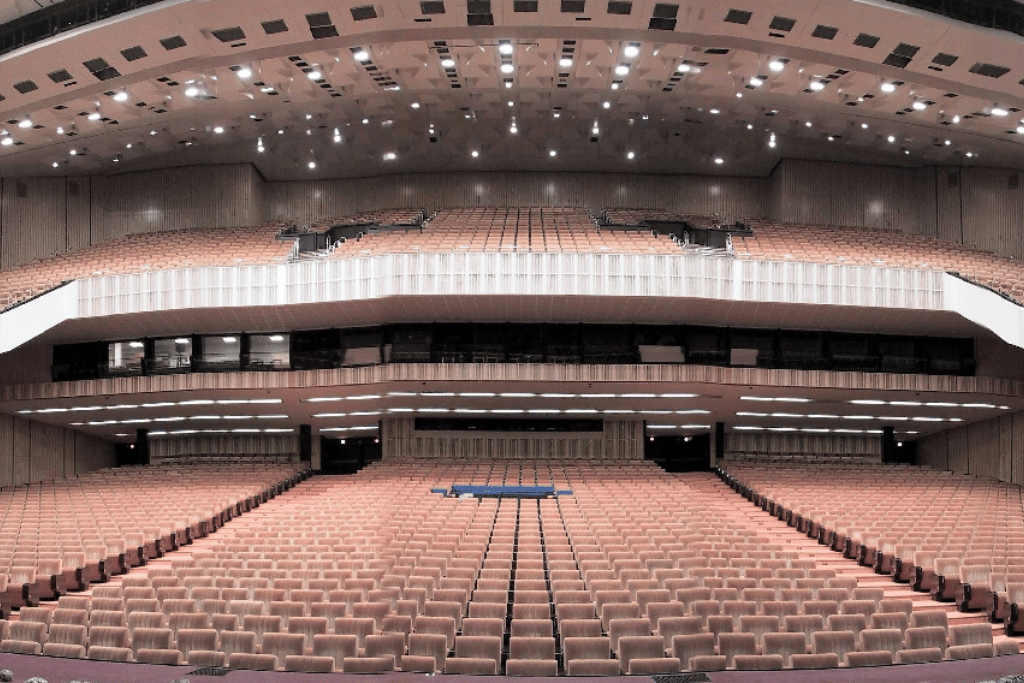
Q6: How do you imagine an ideal meetings industry? What should be its core value?
The ideal congress industry should be inspiring, sustainable and connecting. The core value should be providing a great user experience, taking into account participant safety and environmental responsibility. The congress industry should be innovative and adaptable to changes such as the pandemic. The goal should be to provide top sustainable services that really help in the development and transfer of know-how and knowledge of humankind in the field of science, medicine, and technology just by sharing and communicating with experts in one place.
Q7: What is your advice for younger colleagues starting their careers in the meetings industry?
Be open-minded, bold, and flexible, follow new trends and push yourself and the content of your work forward. The congress industry doesn’t just generate profit. It connects people and world-class capacities that can benefit from one another, and their collaboration can impact, for example, the quality of healthcare provided. Congresses help cultivate the environment and promote an environmentally friendly way of doing business. The impact of the congress industry goes far beyond any mere gathering and, in a figurative sense, can have a major impact on the shift of the whole society. This kind of work should make sense to everyone who wants to work in the MICE industry.
Q8: Who do you believe deserves the title of the TOP influencer if you had to select them from the list of finalists?
I will not single out anyone because all my colleagues in the TOP 10 are great professionals, and I am honoured to be in this club.
Learn more about Prague Congress Centre here.


